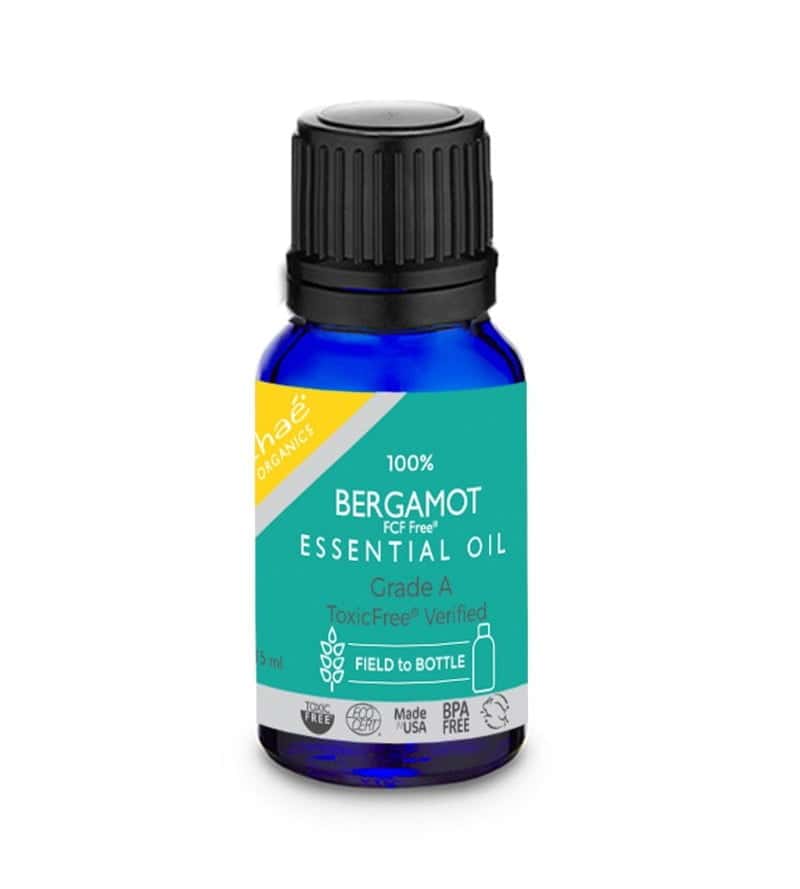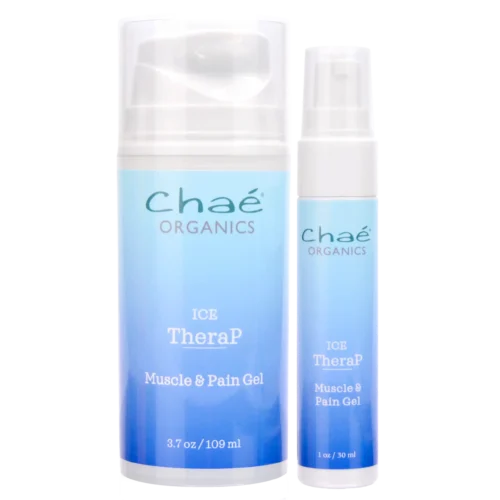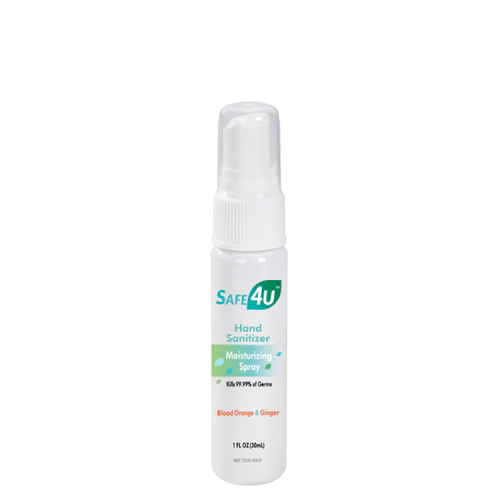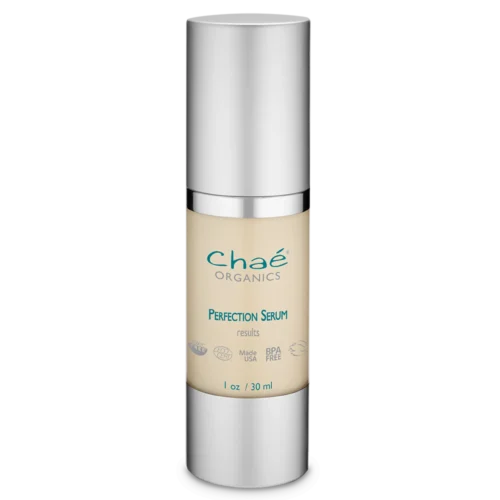
The Connection Between Skincare and Overall Wellness: Embracing a Holistic Approach
Introduction to Skincare and Wellness
Skincare is often perceived merely as a beauty regimen, yet it encompasses a far broader spectrum concerning overall wellness. The skin, being the largest organ of the human body, plays a crucial role in not only protecting internal structures but also serving as a vital indicator of one’s internal health. Many of us may notice that the condition of our skin can fluctuate in response to various internal and external factors, which reflect our mental, emotional, and physical states. This highlights the intricate connection between skincare practices and holistic wellness.
When we consider the holistic approach to skincare, it becomes evident that what we apply to our skin is just one piece of the puzzle. For instance, stress and anxiety can significantly contribute to various skin issues such as acne, eczema, and premature aging. In this respect, emotional wellbeing is intricately interwoven with skin health, emphasizing the importance of stress management strategies alongside skincare routines. Similarly, factors such as a balanced diet, adequate hydration, and sufficient sleep are not only pivotal for maintaining beautiful skin but are essential for overall vitality and wellness.
Moreover, the power of connection cannot be overlooked. Engaging in practices that promote mental clarity, such as mindfulness and meditation, can lead to a more radiant complexion. By fostering a sense of peace and reducing stress levels, we can influence our skin’s appearance positively. Understanding the reciprocal relationship between skincare and holistic health encourages individuals to adopt a more integrated approach to self-care, wherein physical, emotional, and mental aspects of wellness are harmoniously aligned.
Thus, the convergence of skincare and wellness is about more than just aesthetics; it represents a commitment to nurturing oneself from the inside out. As we delve further into this topic, we will explore the deeper layers of how skincare can enhance not just beauty but also comprehensive wellbeing, urging us to adopt a lifestyle that prioritizes holistic health for more than just the surface.
Understanding Holistic Wellness
Holistic wellness is a comprehensive approach to health that acknowledges the intricate relationship between various aspects of human existence. This concept emphasizes that wellness is not limited to merely the absence of disease, but rather encompasses a balanced state of being that integrates the physical, emotional, social, and spiritual dimensions of life. When considering skincare, it is crucial to understand how these interconnected domains contribute to overall health, including the condition of one’s skin.
Physical wellness refers to the body’s ability to function optimally, which includes proper nutrition, regular exercise, and adequate sleep. These factors greatly influence skin health, as nutrition affects hydration and overall vitality. For instance, a balanced diet rich in vitamins and antioxidants can help protect against skin damage and promote a healthy complexion. Additionally, hydration is essential for maintaining the skin’s elasticity and softness.
Emotional and mental wellness encompasses the state of our mind and emotions, which can significantly impact physical health. Stress, anxiety, and other emotional factors can lead to skin issues such as acne or eczema. Engaging in activities that promote relaxation, such as mindfulness and meditation, can enhance emotional well-being, which in turn may reduce skin flare-ups and enhance one’s appearance.
Social interactions and relationships contribute to an individual’s overall health as well. Positive relationships can lead to improved mental health and a greater sense of support, which fosters a positive environment for both emotional and physical wellness. Furthermore, addressing spiritual wellness through practices like meditation or yoga can aid in stress relief and self-discovery, subsequently benefiting skin health and overall self-care. Thus, embracing a holistic approach to wellness allows individuals to cultivate healthier skin by addressing every aspect of their lives. This interconnectedness underscores the importance of looking beyond superficial treatments and engaging in self-care practices that strive for balance and harmony.
The Role of Nutrition in Skincare
Nutrition plays a crucial role in maintaining skin health and addressing various skin conditions. The skin, being the body’s largest organ, requires a variety of nutrients to function optimally. Vitamins, minerals, and antioxidants are all essential components that contribute to the skin’s appearance and resilience. For example, vitamin C is known for its role in collagen production, which helps maintain skin elasticity and reduce the appearance of fine lines and wrinkles. By incorporating vitamin C-rich foods, such as citrus fruits, berries, and leafy greens, individuals can support their skin’s natural repair processes.
Furthermore, vitamin E serves as a powerful antioxidant that protects the skin from oxidative stress caused by environmental factors. Foods like nuts, seeds, and avocados are rich sources of vitamin E that can help nourish the skin. On the other hand, omega-3 fatty acids, found in fish and flaxseeds, promote skin hydration and can alleviate inflammatory skin conditions like eczema and psoriasis. These fatty acids work by maintaining the skin’s lipid barrier, which is essential for retaining moisture.
Antioxidants, such as beta-carotene and selenium, also play a significant role in skin health. Beta-carotene, found in carrots and sweet potatoes, helps to protect the skin from sun damage, while selenium, present in Brazil nuts and whole grains, may help prevent skin cancer. Ensuring a balanced intake of these nutrients can significantly impact overall skin condition and appearance. Individuals should aim to incorporate a variety of colorful fruits and vegetables into their diet to promote skin health.
Incorporating skin-friendly foods into one’s diet is not only about selecting the right nutrients but also about ensuring overall well-being. A holistic approach to skin care acknowledges the interplay between nutrition and skin health, emphasizing the importance of a well-balanced diet for achieving optimal skin condition.
Stress, Mental Health, and Skin Health
The intricate relationship between stress, mental health, and skin conditions reveals significant insights into how our emotional state can impact physical health. Many individuals experience the profound effects of stress on their skin, leading to a variety of dermatological issues, with conditions such as psoriasis and acne being among the most prevalent. Stress can act as a catalyst, intensifying the severity of these skin conditions and often leading to cycles of discomfort and self-consciousness.
During times of heightened stress, the body releases hormones like cortisol, which can trigger inflammation and increase oil production in the skin. This hormonal fluctuation is particularly relevant for individuals predisposed to acne, where excess oil can clog pores, leading to breakouts. Similarly, for those who suffer from psoriasis, stress can trigger flare-ups, exacerbating the chronic skin condition and hindering the overall healing process. This intricate interplay highlights the importance of managing stress as a crucial component of a holistic skincare routine.
To effectively manage stress and mitigate its impact on skin health, several strategies can be integrated into daily life. Regular physical activity, for instance, is known to lower stress levels through the release of endorphins, which can subsequently improve skin quality. Mindfulness practices such as yoga and meditation can foster mental well-being by promoting relaxation and emotional regulation. Furthermore, establishing a consistent skincare regimen that includes gentle cleansing and moisturizing can help support the skin’s barrier function, providing a protective effect against stress-related flare-ups.
Ultimately, understanding the profound connection between mental health and skin health emphasizes the necessity of a holistic approach. By effectively managing stress and prioritizing mental well-being, individuals can improve not only their emotional state but also their skin health, leading to a more balanced and harmonious life.
The Impact of Sleep on Skin Health
Sleep serves as a fundamental pillar in maintaining not only overall health but also skin vitality. The significance of adequate sleep cannot be overstated, particularly when it comes to skin health. During sleep, the body undergoes crucial processes such as repair and regeneration, enabling the skin to recover from daily stresses, environmental damage, and the effects of aging. A healthy sleep cycle promotes the production of collagen, an essential protein that maintains skin elasticity and youthful appearance.
Conversely, sleep deprivation can manifest visibly on the skin. Individuals who consistently experience inadequate sleep may notice dullness, the development of dark circles, and an overall accelerated aging process. Chronic fatigue can lead to increased cortisol levels, a stress hormone that, when elevated, contributes to inflammation and various skin concerns such as acne and eczema. The results of insufficient rest are not just superficial; they reflect a deeper imbalance within the body’s systems, emphasizing the delicate connection between sleep and skin health.
To improve sleep hygiene and subsequently enhance skin wellness, several practices can be implemented. Establishing a consistent sleep schedule by retiring and rising at the same time each day helps regulate the body’s internal clock. Creating a calming nighttime routine, which might include activities such as reading or practicing meditation, signals the body that it is time to unwind. Additionally, designing a sleep-conducive environment—such as a dark, quiet, and cool bedroom—can promote better quality rest. Avoiding screens before bedtime and limiting the intake of caffeine and heavy meals later in the evening are also recommended strategies. By prioritizing quality sleep, individuals can contribute to their skin’s health and enjoy a more rejuvenated appearance over time.
Physical Activity and Its Effects on the Skin
Regular physical activity plays a significant role in enhancing skin health, offering benefits that extend beyond mere appearance. One of the primary advantages of engaging in consistent exercise is improved blood circulation. As the heart rate increases during physical activities, blood flow is heightened, allowing essential nutrients and oxygen to reach the skin more effectively. This enhanced delivery not only nourishes skin cells but also facilitates the removal of toxins, contributing to a vibrant and healthy complexion.
Moreover, exercise stimulates the production of collagen, a protein essential for maintaining skin elasticity and youthfulness. With an increase in collagen levels due to regular physical activity, individuals may experience firmer skin and a reduction in signs of aging. Furthermore, exercise is known to support the skin’s natural barrier function, making it more resilient to environmental aggressors.
Quality sleep, essential for overall wellness, is another positive effect of maintaining an active lifestyle. Exercise helps regulate sleep patterns, leading to deeper and more restorative sleep. Adequate rest is vital for skin repair and regeneration, further enhancing skin health and appearance over time. Through the interplay of improved circulation, stress reduction, and better sleep, regular physical activity demonstrates profound effects on skin wellness, highlighting the importance of a holistic approach to skincare.
Skincare Routines: More than Just Products
In today’s world, the significance of a well-structured skincare routine extends beyond mere aesthetics. While many individuals focus on using high-quality products, it is essential to recognize that the act of engaging in a consistent skincare regimen encompasses psychological and emotional benefits that enhance overall wellness. A dedicated skincare routine becomes a form of self-care that fosters a deeper connection with oneself, promoting mindfulness and intentionality in daily life.
A consistent skincare routine serves as a daily ritual that allows individuals to engage in self-reflection and self-acceptance. Every step taken, from cleansing to moisturizing, is an opportunity to pause and focus on personal well-being. This deliberate practice encourages individuals to take a moment for themselves, alleviating stress and cultivating a sense of control amid the chaos of daily responsibilities. By immersing in this process, individuals can cultivate a positive mindset, ultimately contributing to their mental health.
Furthermore, engaging in skincare rituals can instill a sense of accomplishment and routine, which are essential elements for psychological stability. Rituals provide a structured framework in our lives, and incorporating skincare into one’s daily routine can ground individuals in their day. By investing time in oneself, it reinforces the idea that self-worth and wellness are paramount, directly impacting mood and confidence levels.
Moreover, the sensory experience of skincare—touch, scent, and even the visual appeal of products—can have soothing effects that enhance emotional well-being. Engaging with these sensory elements allows individuals to connect more deeply with their bodies, promoting a holistic sense of health. Overall, the dedication to a well-rounded skincare regime underscores the broader connection between personal care and overall well-being, emphasizing that nurturing oneself extends far beyond the surface.
Embracing Natural and Eco-Friendly Products
In recent years, there has been a significant shift towards the use of natural and eco-friendly skincare products. This growing trend is not only a response to consumer demands for safer and more effective options but also aligns closely with a broader commitment to personal and environmental wellness. Many individuals are now recognizing the importance of choosing skincare products that are formulated with natural ingredients, free from harmful chemicals, and sustainably sourced.
Natural skincare products often feature botanical extracts, essential oils, and plant-based emollients that can be gentler on the skin compared to conventional products laden with synthetic chemicals. These ingredients can provide various benefits, such as hydration, nourishment, and even anti-aging effects, without the adverse side effects that many artificial additives may produce. This gentler approach to skincare supports not only the skin’s health but also enhances overall well-being by reducing irritation and promoting a balanced complexion.
The eco-friendly aspect of these products is another crucial component of this holistic skincare philosophy. Many brands are actively striving to minimize their ecological footprint by utilizing sustainable packaging, supporting ethical sourcing practices, and adopting environmentally friendly manufacturing processes. This commitment to sustainability resonates with consumers who are increasingly conscious of their consumption habits and their impact on the planet. When individuals choose eco-friendly skincare products, they contribute to a larger movement promoting environmental stewardship and social responsibility.
Ultimately, embracing natural and eco-friendly skincare products is a significant step towards achieving holistic wellness. By prioritizing products that are safe for both the skin and the environment, consumers can cultivate a beauty routine that aligns with their values and promotes health in a more comprehensive manner. This careful selection of skincare can serve as a reflection of one’s commitment to overall wellness and sustainability.
Conclusion: The Synergy of Skincare and Wellness
In exploring the intricate relationship between skincare and overall wellness, it becomes evident that adopting a holistic approach yields significant benefits for both. Skincare, often perceived merely as a cosmetic endeavor, is fundamentally intertwined with one’s overall health and well-being. Engaging in a dedicated skincare routine can promote not only physical attributes such as healthier skin texture and complexion but also enhance emotional and mental states. This duality emphasizes that true beauty extends beyond surface appearances, reflecting an individual’s holistic state of wellness.
Embracing a holistic approach means recognizing the importance of mental health, nutrition, and lifestyle choices in the context of skincare. For instance, stress management techniques such as meditation or yoga can have profound effects on skin health. Elevated stress levels can lead to adverse skin conditions, thus indicating a need for integrating stress-reduction methods into one’s daily regimen. Moreover, a balanced diet rich in vitamins and antioxidants supports skin vitality, showcasing the necessity of a wholesome lifestyle for radiant skin.
Furthermore, sleep quality plays a critical role in achieving optimal skin health, often neglected in modern society. Adequate rest not only allows for cellular rejuvenation but also impacts overall wellness. By prioritizing both skincare and restful practices, individuals can cultivate a more harmonious existence, achieving skin that reflects inner vitality.
Ultimately, the synergy between skincare and overall wellness illustrates the essence of self-care as a comprehensive journey, addressing both physical and emotional dimensions. Acknowledging this interconnectedness encourages individuals to pursue a lifestyle that holistically nurtures their body and mind, leading to a profound transformation in both appearance and overall quality of life.





